If you've noticed that the water in your shower is not draining as quickly as it used to, or worse, backing up from your kitchen sink, it's likely that you have a clogged drain. This can happen for a variety of reasons, such as hair and soap scum buildup, food particles and grease from the kitchen, or even foreign objects accidentally getting flushed down the drain.1. Clogged Drain
A clogged drain can also be a symptom of larger plumbing issues in your home. If you have an old or damaged plumbing system, it can make it easier for clogs to form and cause backups between different drains in your house. This can be a sign that it's time to have your plumbing inspected and potentially repaired or replaced.2. Plumbing Issues
If multiple drains in your house are experiencing backups, it's possible that there is a blockage in your main sewer line. This can be caused by tree roots, debris buildup, or even a collapsed pipe. A professional plumber can use specialized equipment to locate and clear the blockage, allowing your drains to flow freely again.3. Blocked Pipes
A drain backup occurs when water from one drain overflows into another. In the case of a shower backing up from the kitchen sink, it's likely that the clog is located further down in the plumbing system and causing water to flow back up into the shower drain. This can be a messy and unpleasant experience, but it's important to address the issue as soon as possible to avoid further damage.4. Drain Backup
Having your kitchen sink overflow can be a major inconvenience, especially if you're in the middle of cooking or cleaning. This can happen when a clog prevents water from draining properly and it begins to back up and spill over the sides of the sink. It's important to address a kitchen sink overflow immediately, as it can cause water damage and create an unsanitary environment in your kitchen.5. Kitchen Sink Overflow
Clogs in the shower drain are a common occurrence, especially if you have long hair or live in an area with hard water. Soap scum and hair can easily build up in the drain over time, causing slow draining or complete blockage. Using a drain snake or chemical drain cleaner can often clear the clog, but if the problem persists, it may be time to call a professional.6. Shower Drain Clog
If you've noticed water backing up from one drain when using another, it's likely that there is a blockage or issue in the plumbing system. This can cause water to take the path of least resistance, which may mean coming up through a different drain. It's important to address this issue to prevent potential water damage and maintain proper drainage in your home.7. Water Backup
When your drains are not functioning properly, it can cause a ripple effect throughout your home. Not only can it cause unpleasant backups and overflows, but it can also lead to foul odors and even mold growth. If you're experiencing drainage problems, it's important to get to the root of the issue and address it before it becomes a bigger problem.8. Drainage Problems
In some cases, a clogged drain may be a sign of a larger issue with your main sewer line. This can be caused by a blockage, leak, or damage to the pipe. If you suspect that your sewer line is the problem, it's important to have a professional plumber inspect and repair it as soon as possible to avoid costly damage and health hazards.9. Sewer Line Blockage
One of the main culprits of clogged drains in the kitchen is grease buildup. When cooking oils and fats are poured down the drain, they can solidify and create a sticky residue that traps other debris and leads to clogs. To prevent this, it's important to properly dispose of grease and use a drain catcher to catch any food particles before they can go down the drain.10. Grease Buildup
Why Your Shower is Backing Up from the Kitchen Sink: Understanding Your Home's Plumbing System

As homeowners, we rely on our plumbing system to keep our homes functioning properly. However, when issues arise, such as a shower backing up from the kitchen sink, it can be frustrating and cause disruptions in our daily routine. In this article, we will explore the common causes of this issue and how to prevent it from happening in the future.
The Main Culprit: Clogged Drains

The most common cause of a shower backing up from the kitchen sink is clogged drains. Over time, debris such as hair, soap scum, and food particles can build up and block the flow of water through the pipes. This can result in water from your shower draining into the kitchen sink, as it is the path of least resistance.
If you notice this issue occurring frequently, it may be a sign of a larger clog in your main sewer line. In this case, it is important to call a professional plumber to properly assess the situation and provide a solution.
The Importance of Proper Plumbing System Design

Another common cause of a shower backing up from the kitchen sink is poor plumbing system design. This can occur when pipes are not properly sized or when there are low spots in the pipes that allow for water to collect and cause blockages. In some cases, a plumbing system that was not installed correctly can also contribute to this issue.
To prevent this from happening, it is crucial to have a professional plumbing company design and install your plumbing system. They will ensure that the pipes are properly sized and installed at the correct angles to allow for proper water flow and prevent clogs.
Regular Maintenance and Prevention
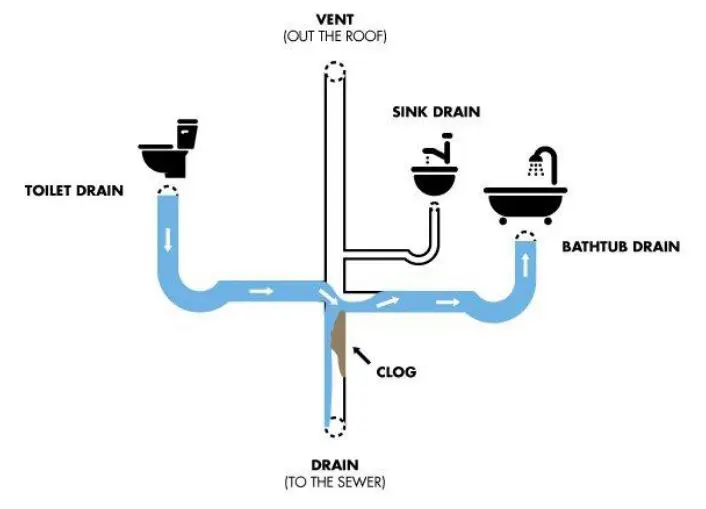
One of the best ways to prevent a shower backing up from the kitchen sink is through regular maintenance and prevention. By taking simple steps such as using drain covers and regularly cleaning out debris from your sinks and shower drains, you can prevent clogs from occurring in the first place.
Additionally, scheduling annual plumbing inspections can help catch any potential issues before they become major problems. A professional plumber can also provide recommendations for preventative measures specific to your home's plumbing system.
In Conclusion
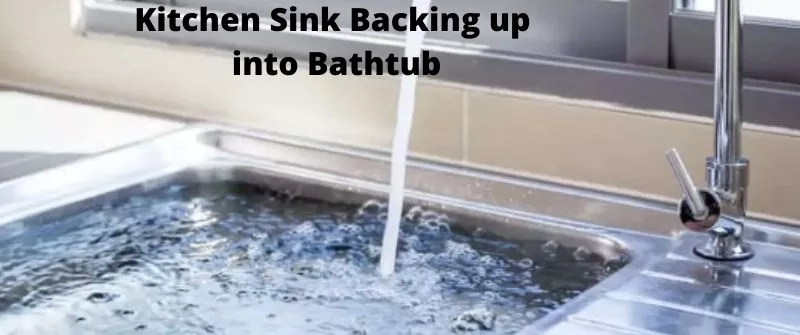
A shower backing up from the kitchen sink can be a frustrating issue, but it is important to understand the common causes and how to prevent it from happening in the future. By keeping up with regular maintenance and working with a professional plumber, you can ensure that your home's plumbing system is functioning properly and avoid any disruptions to your daily routine.









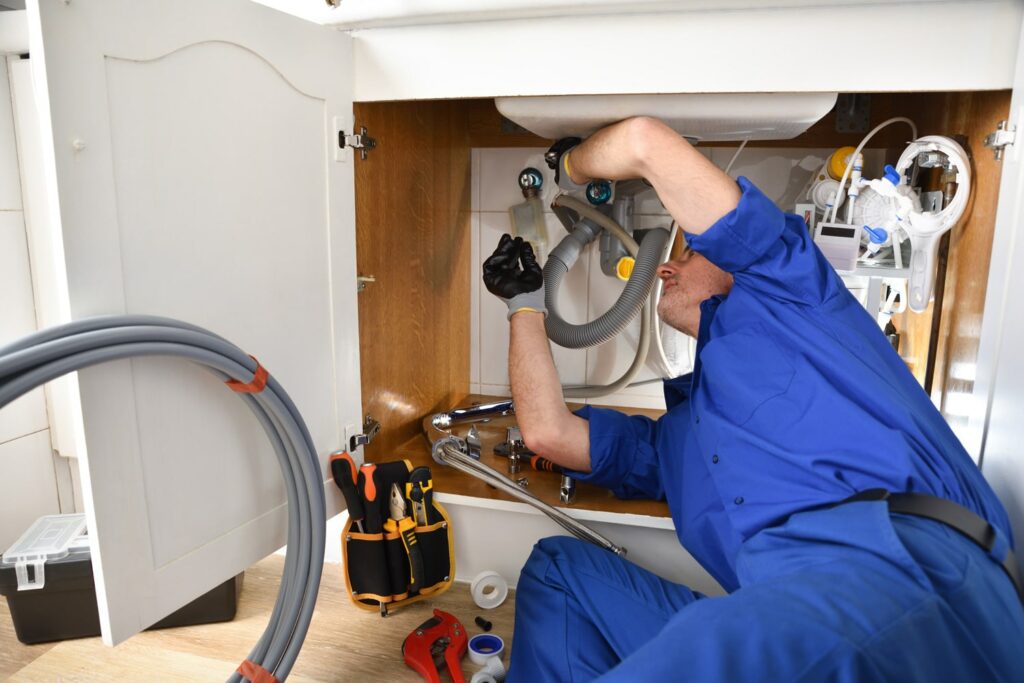

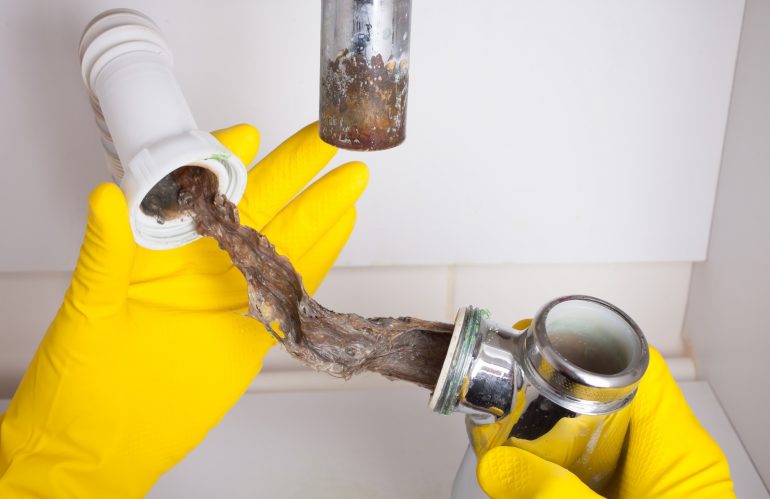




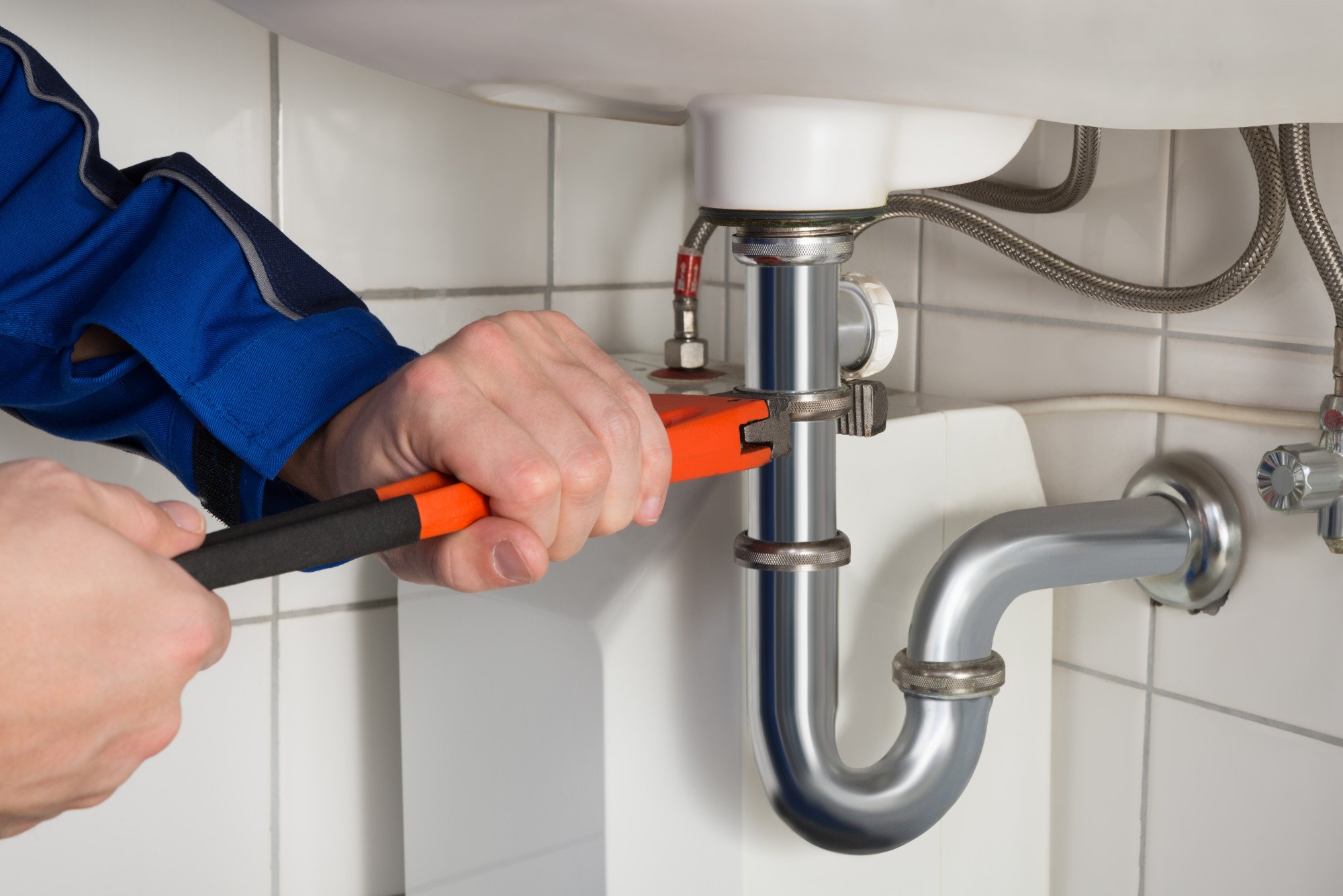

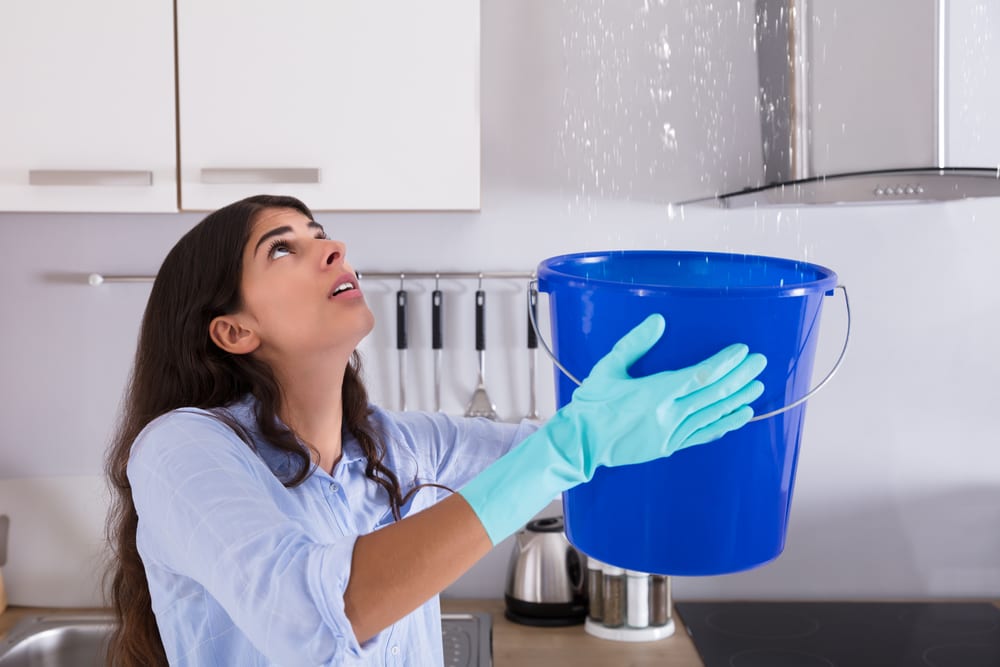



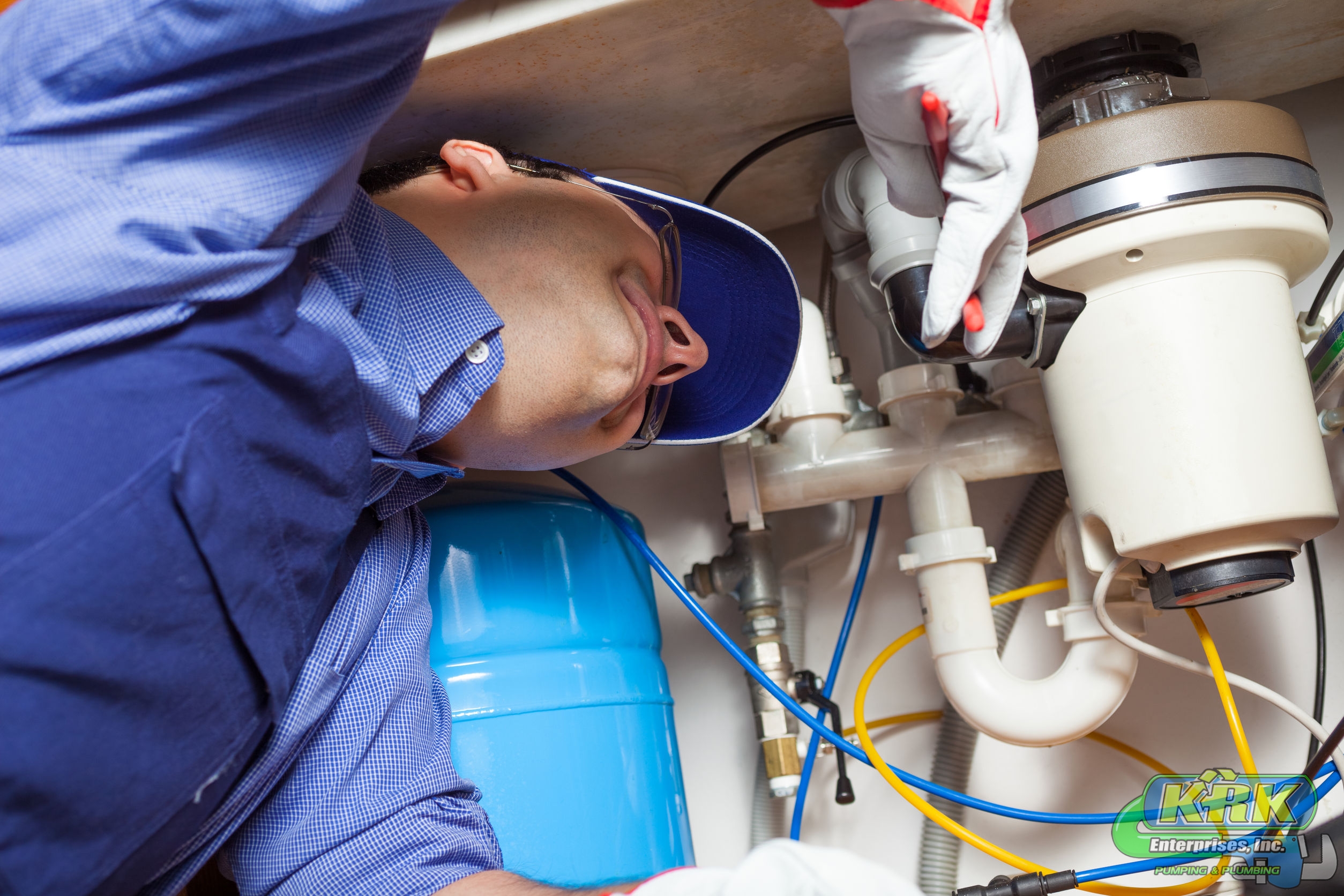
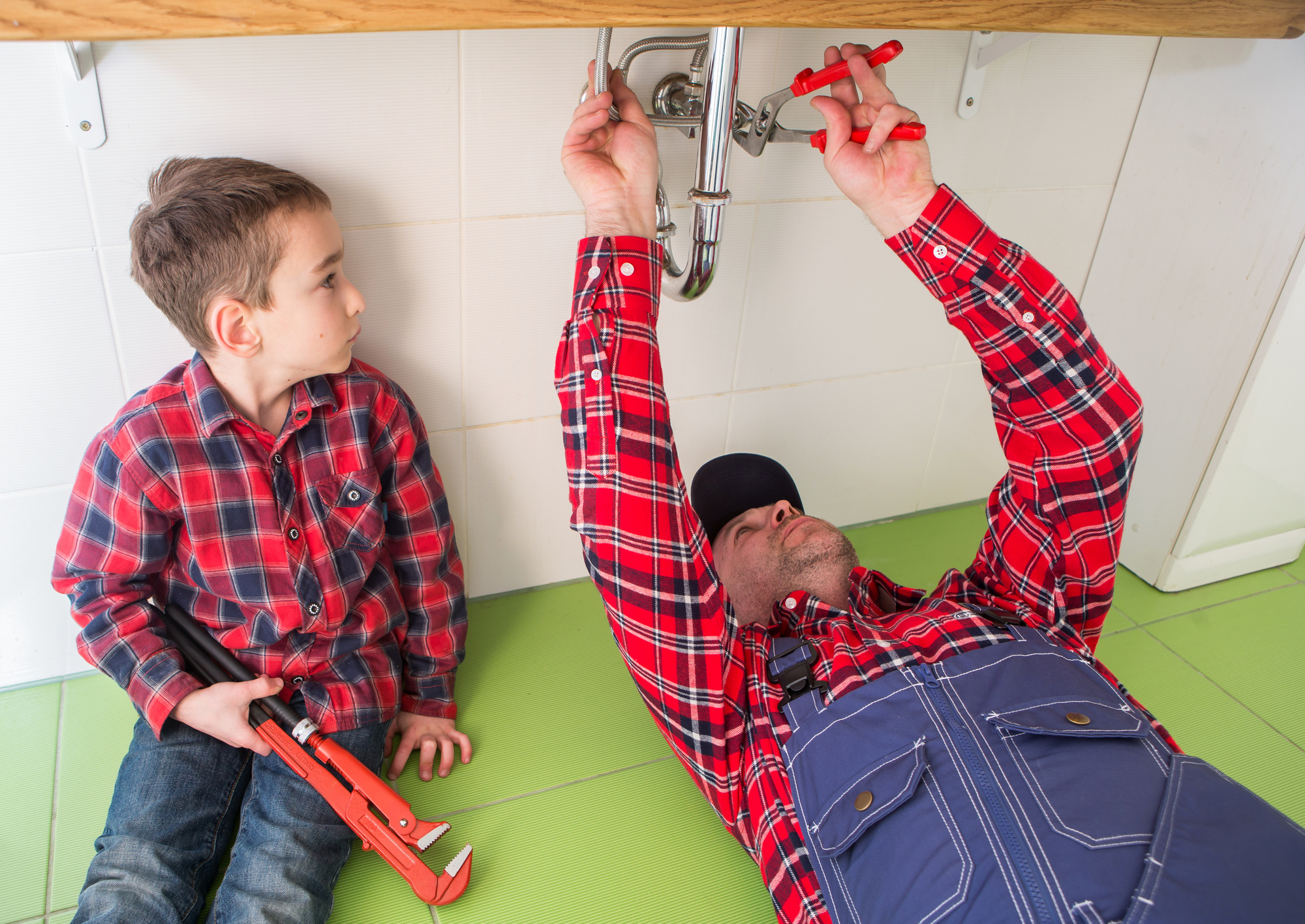


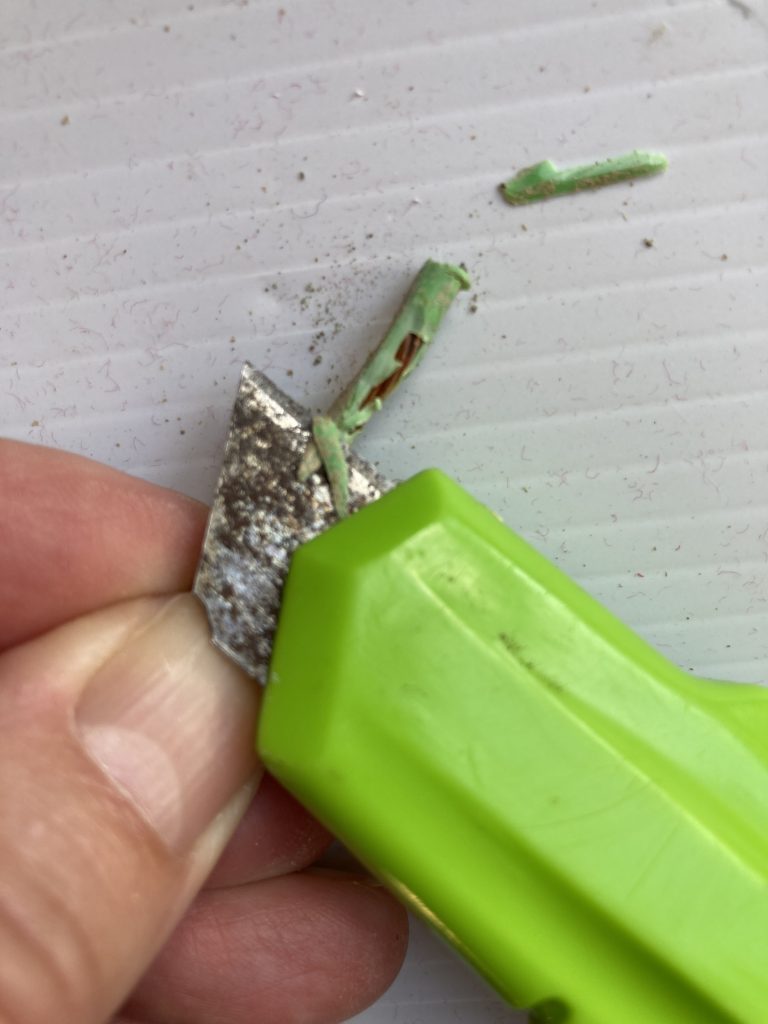





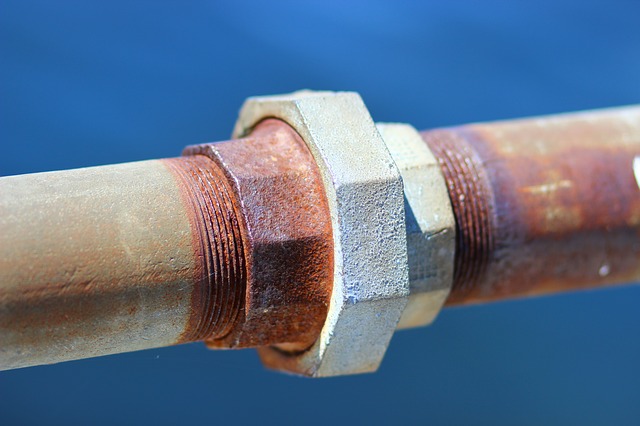



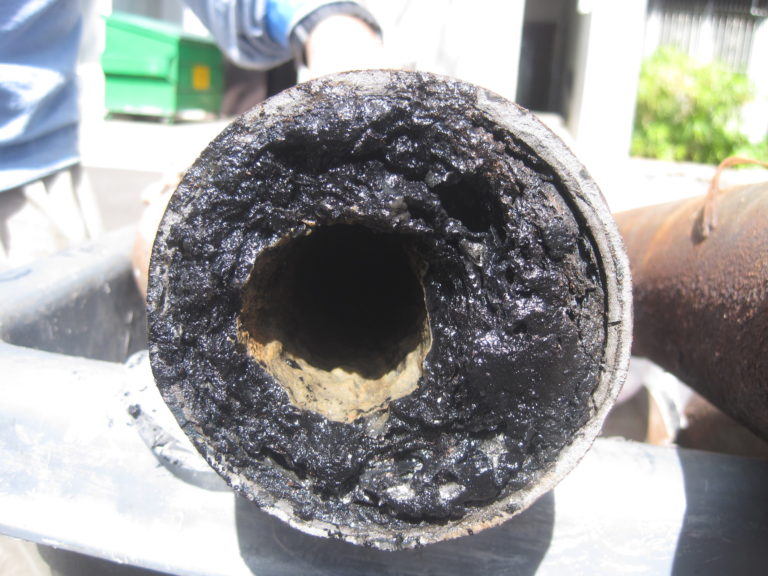



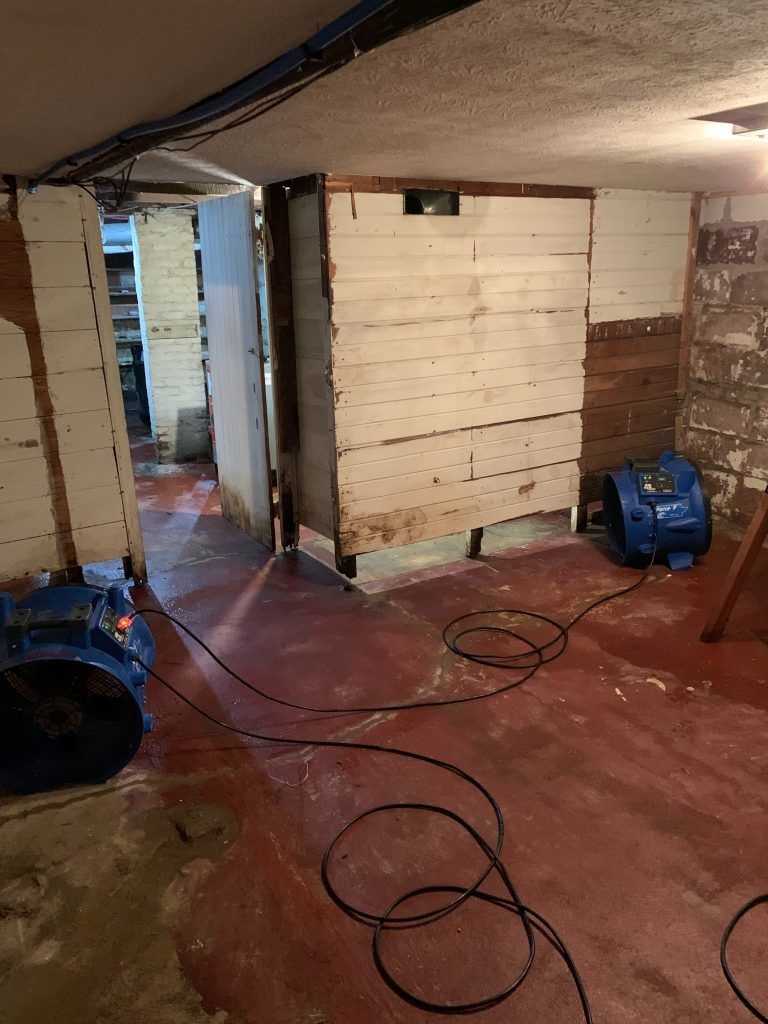
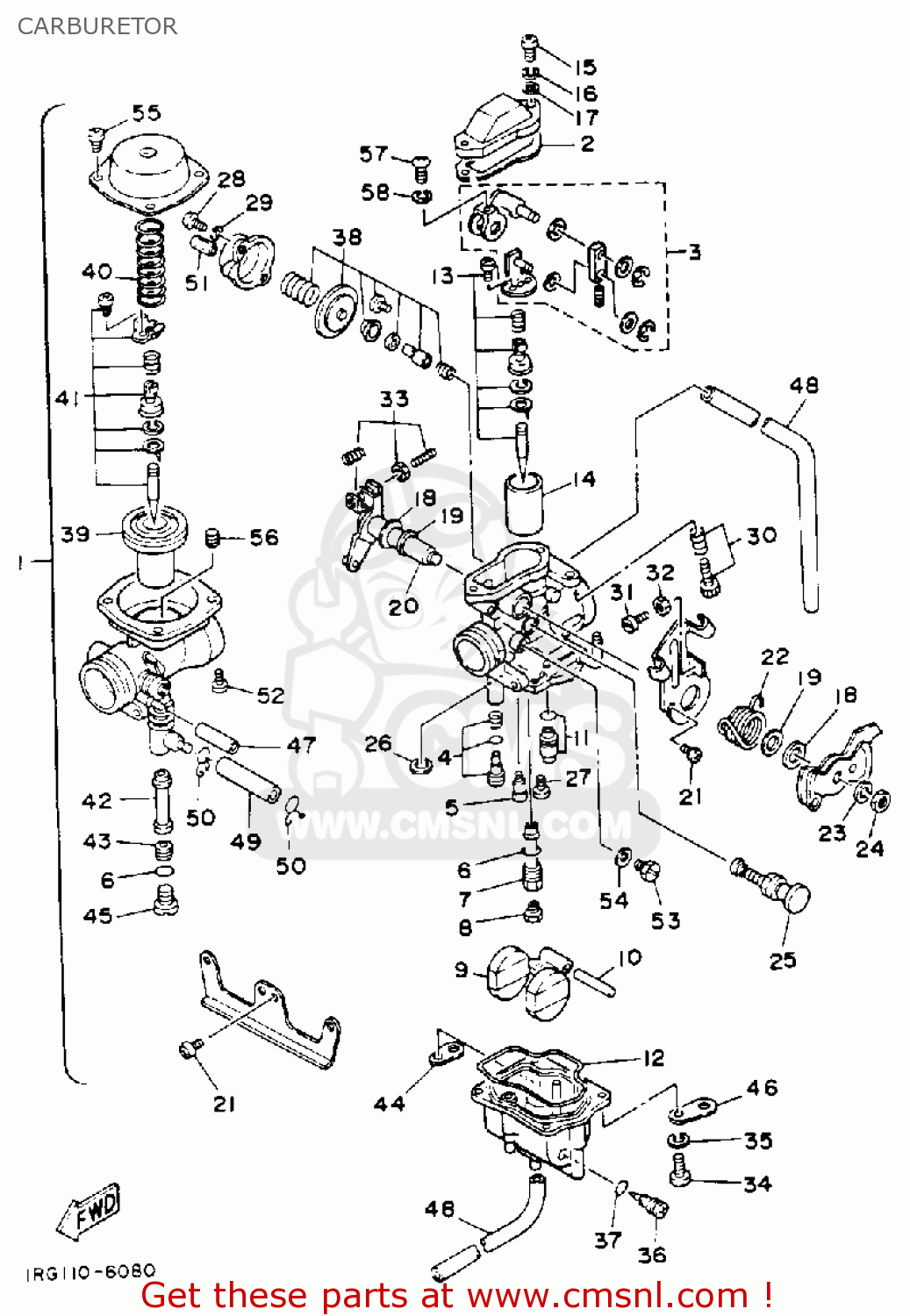
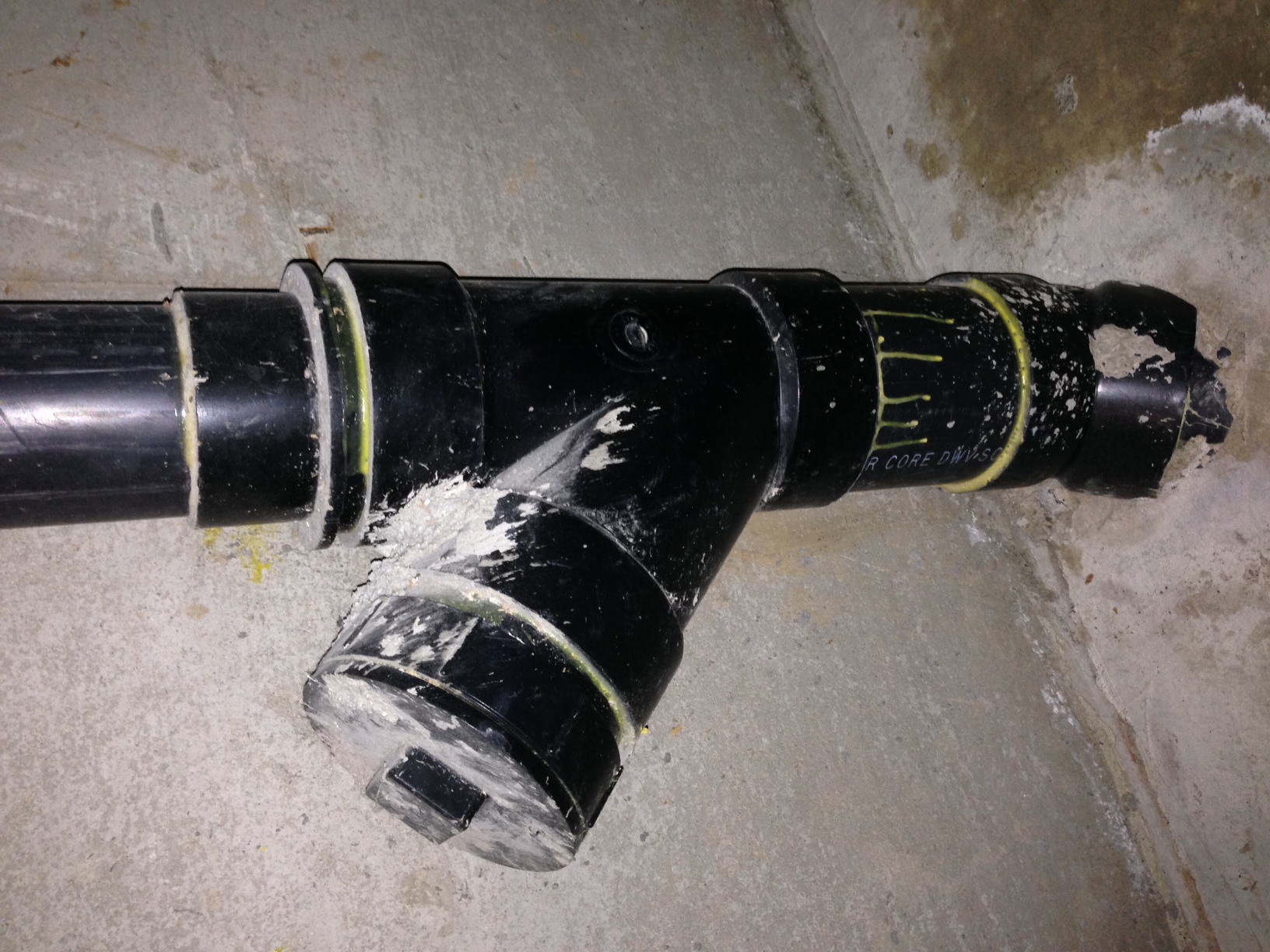
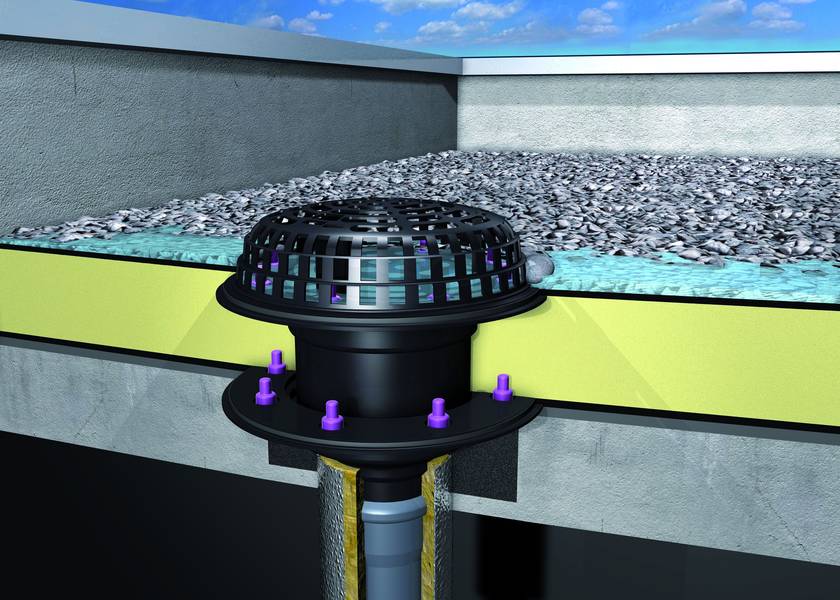


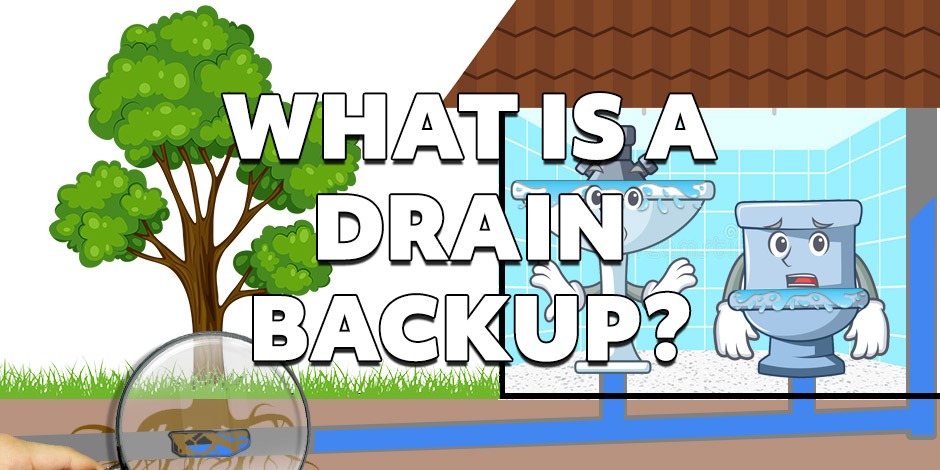
:max_bytes(150000):strip_icc()/installing-a-shower-drain-2718985-06-a352f423aef9405da0bbfc6552cd638e.jpg)

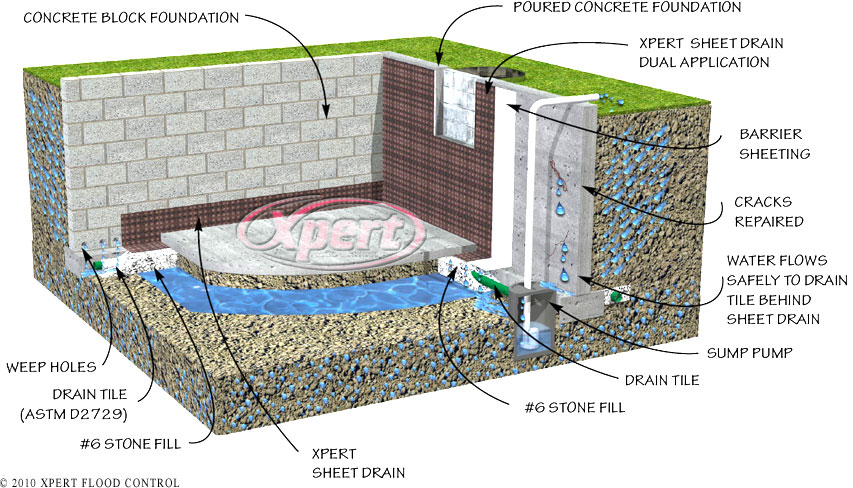


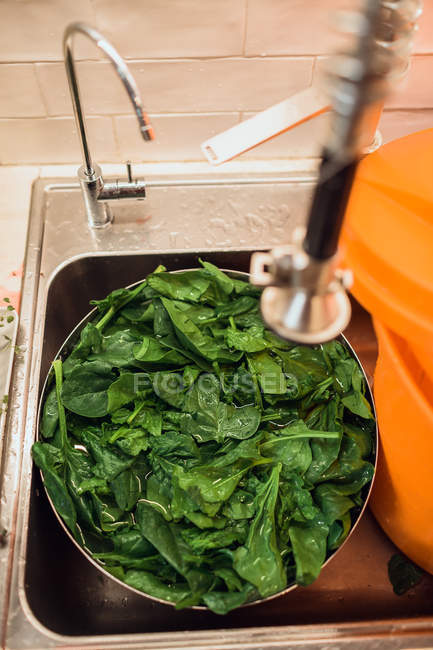











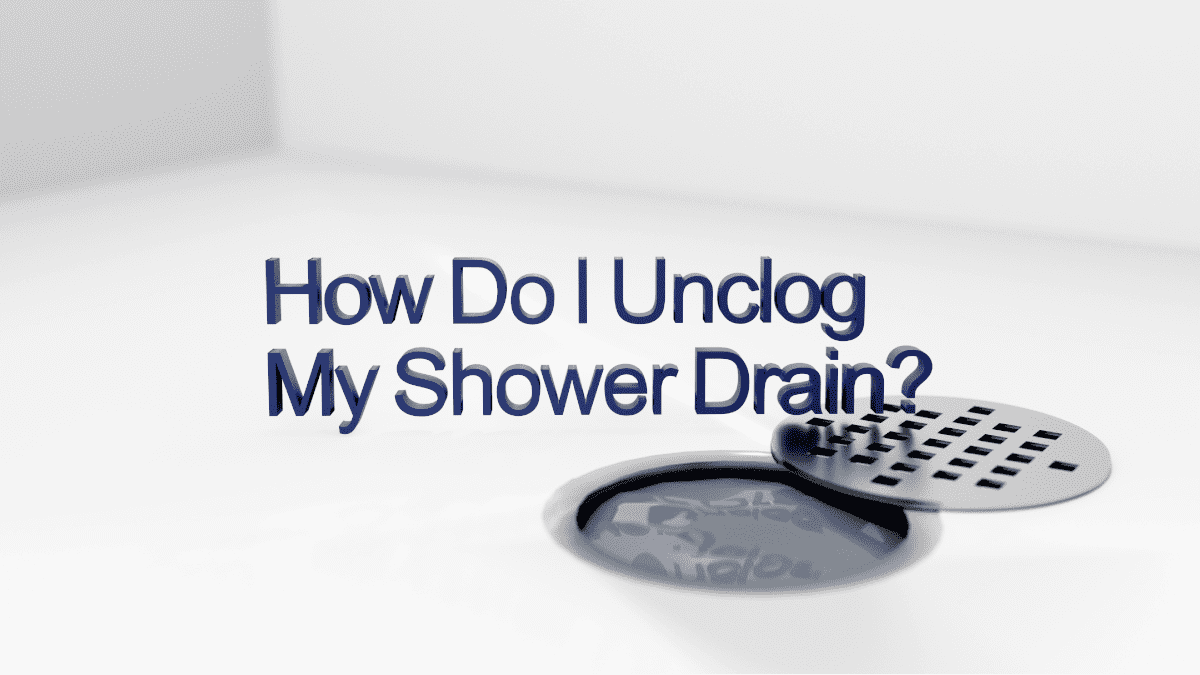
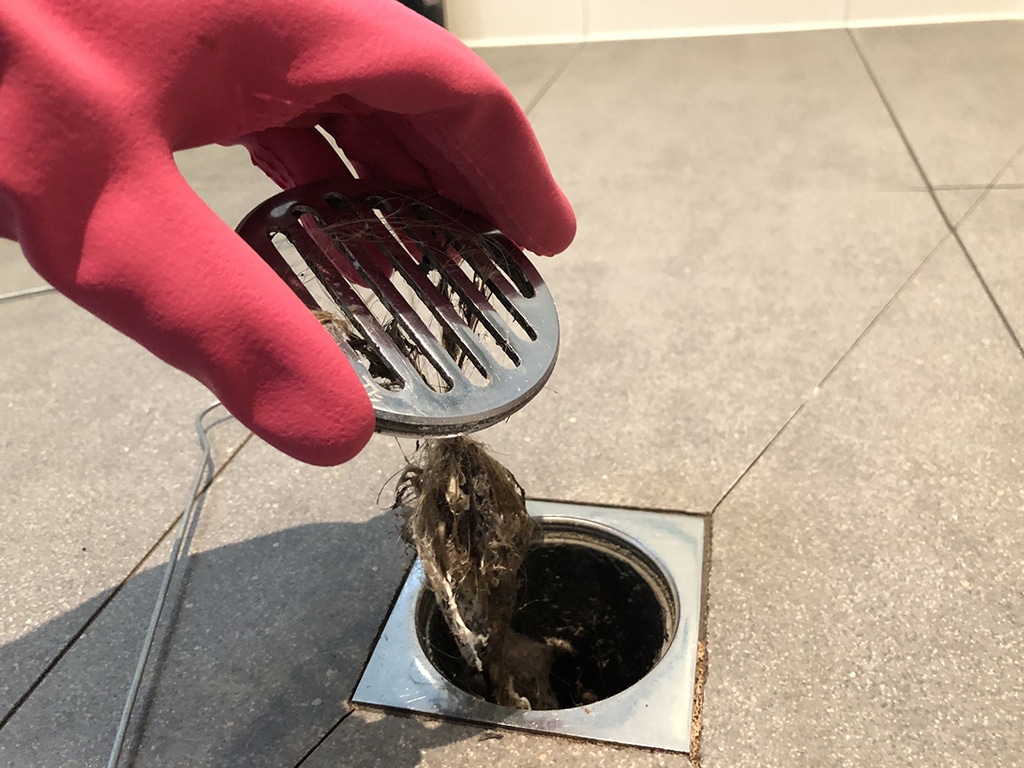

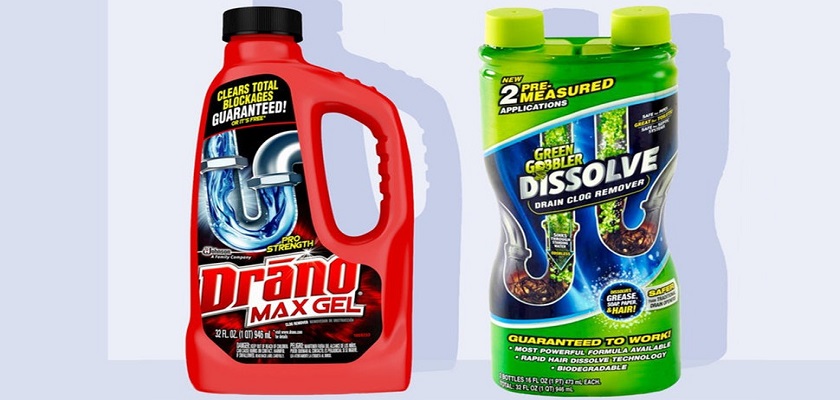


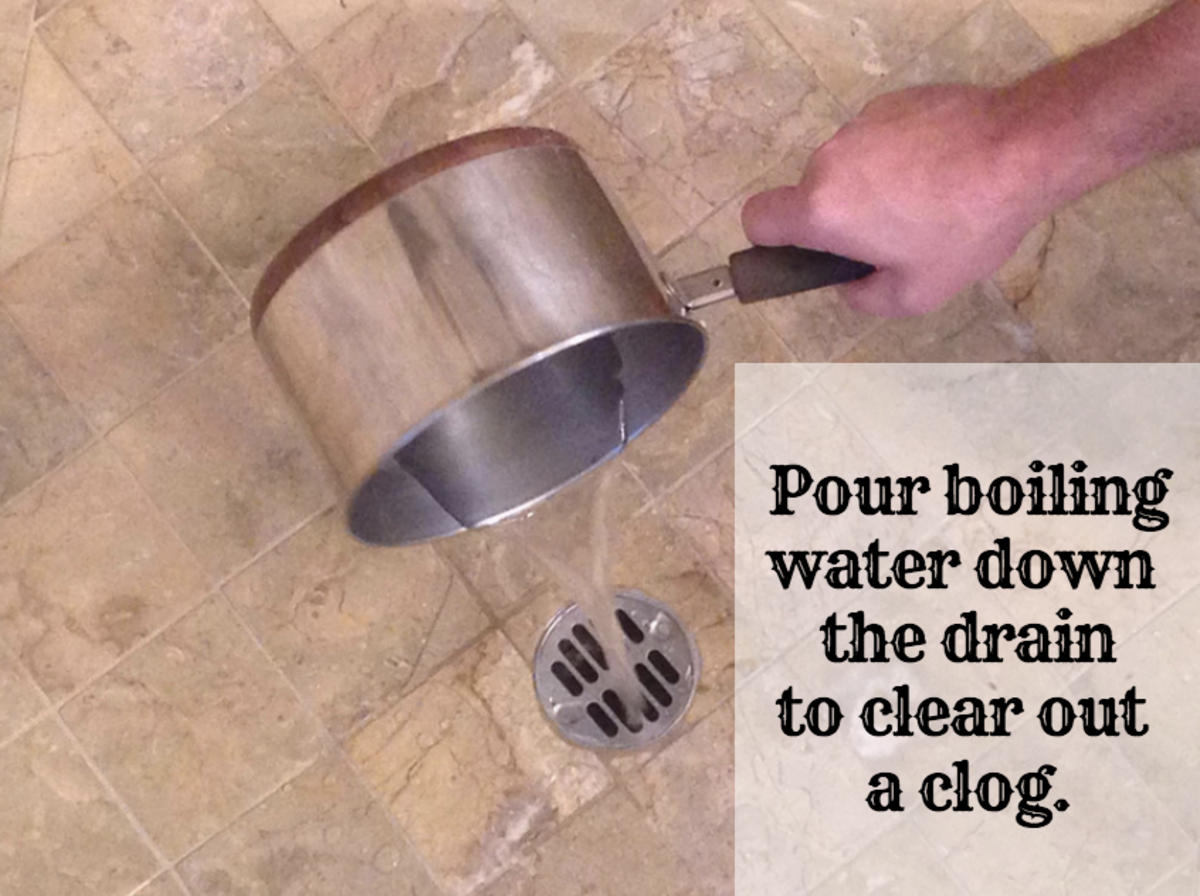
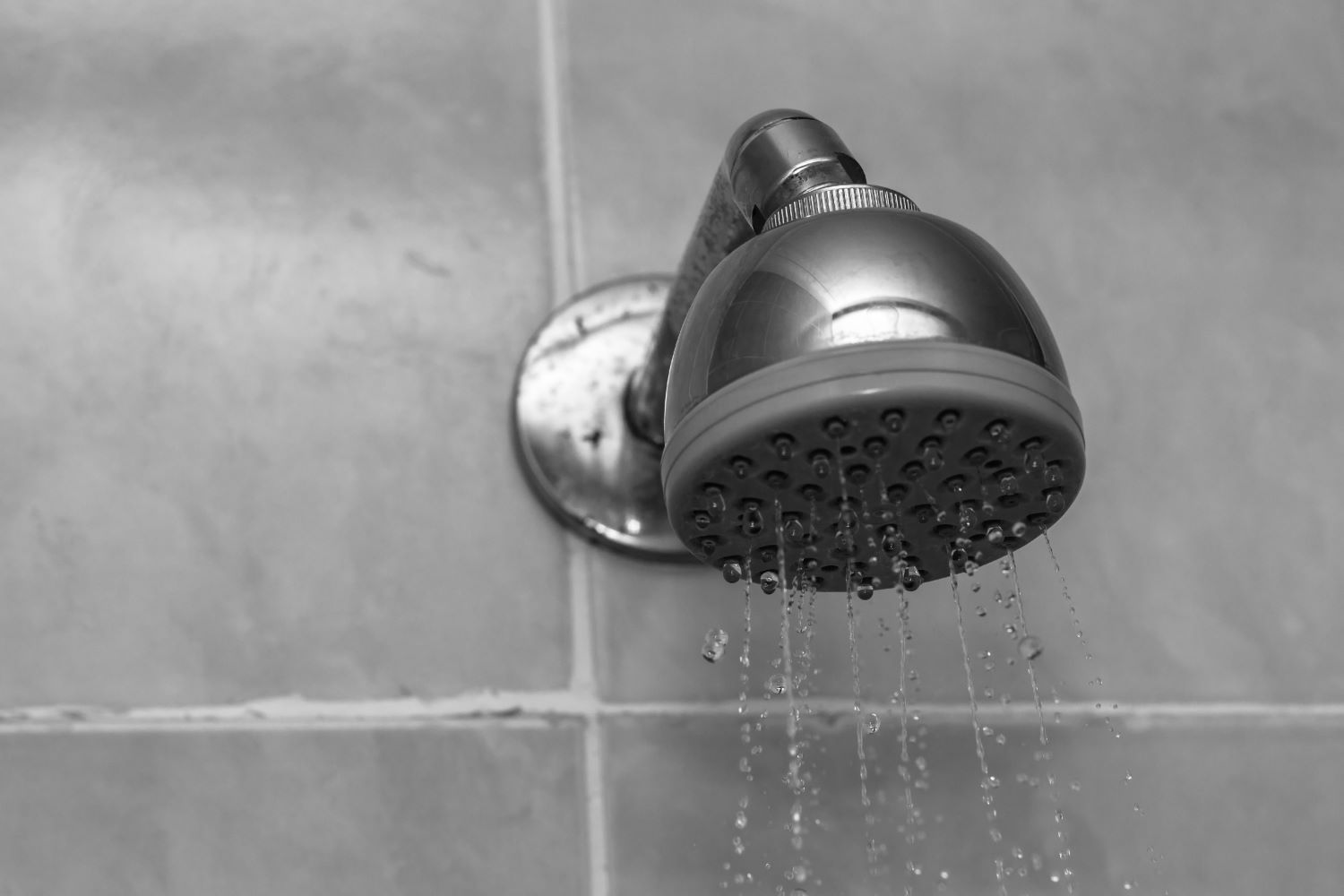
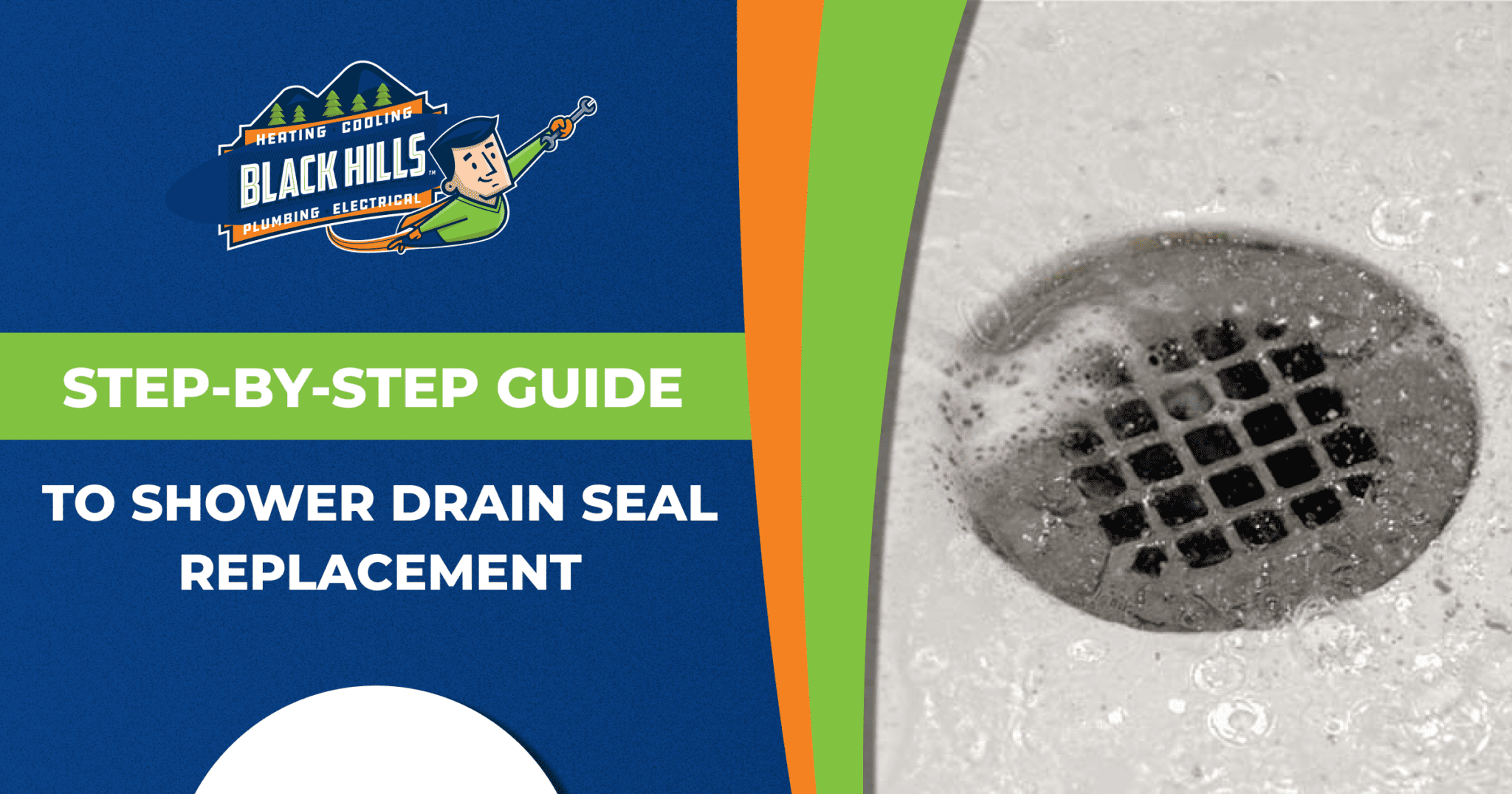


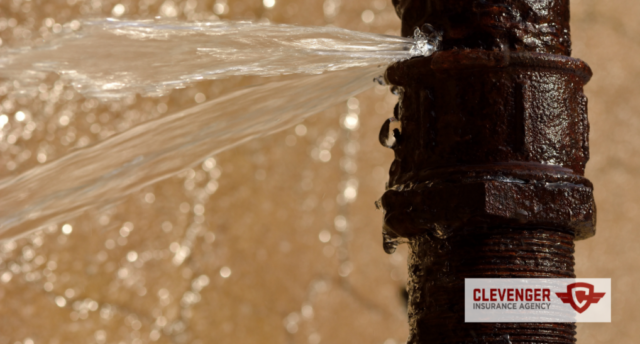
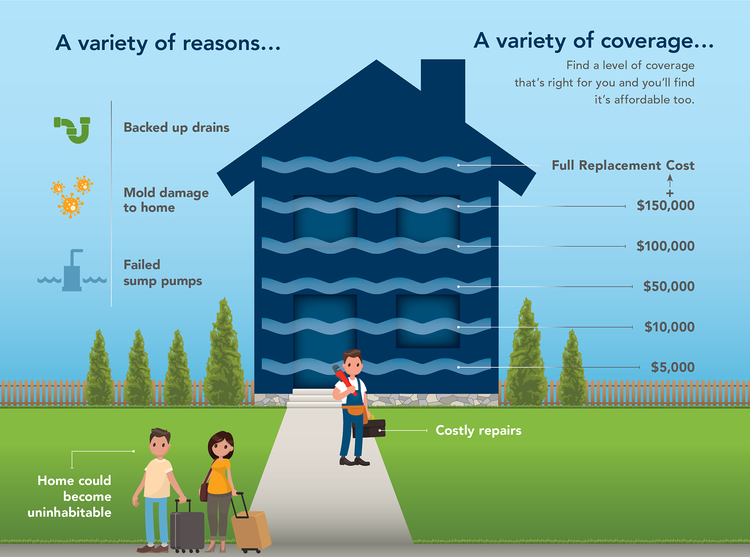
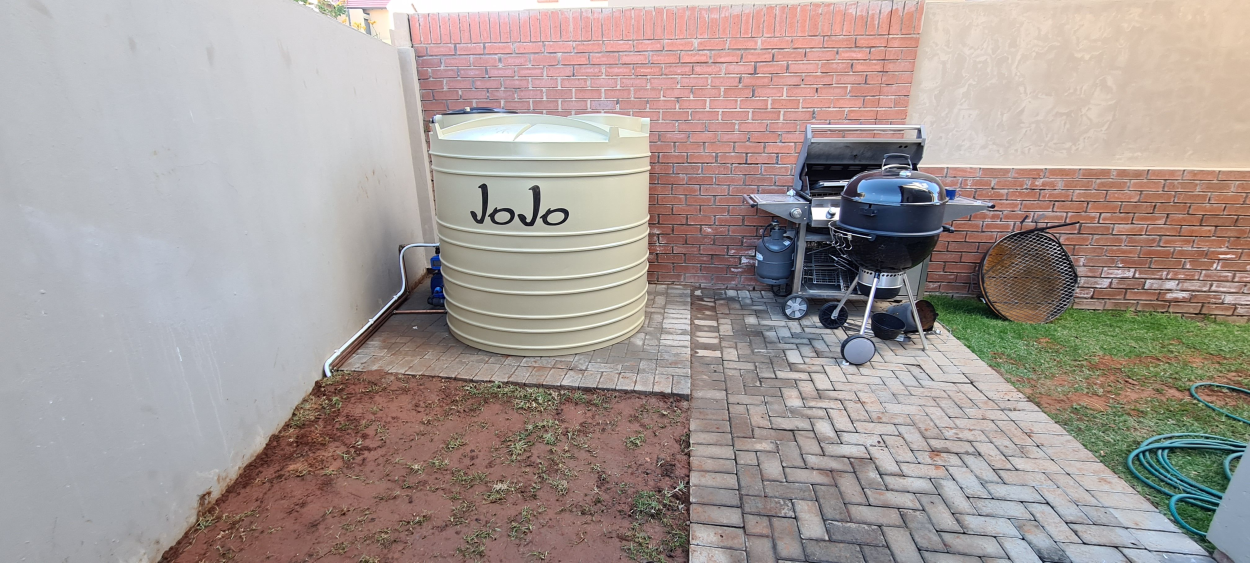


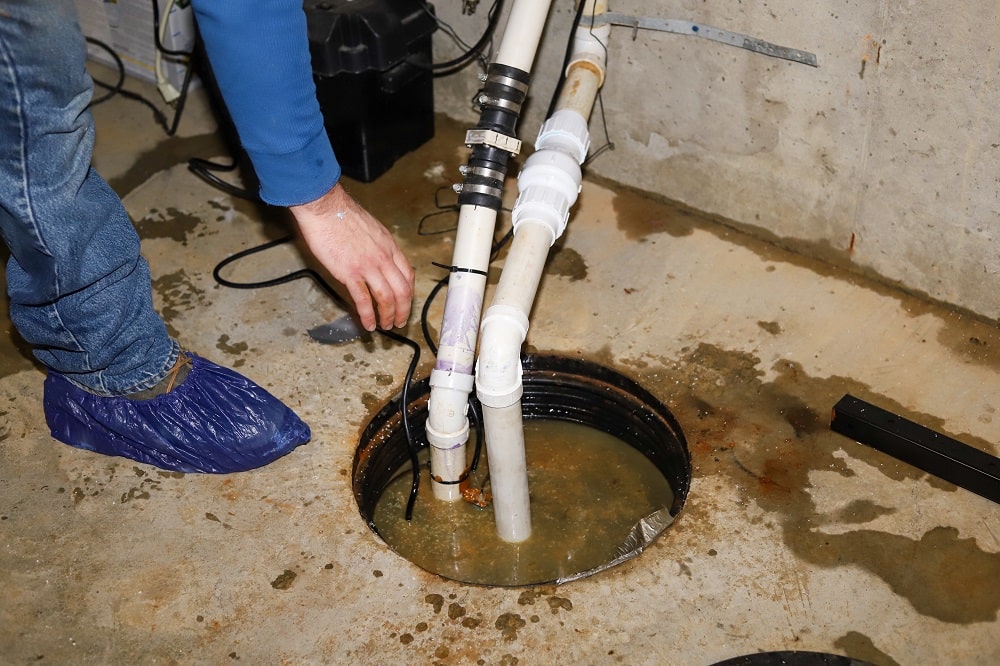
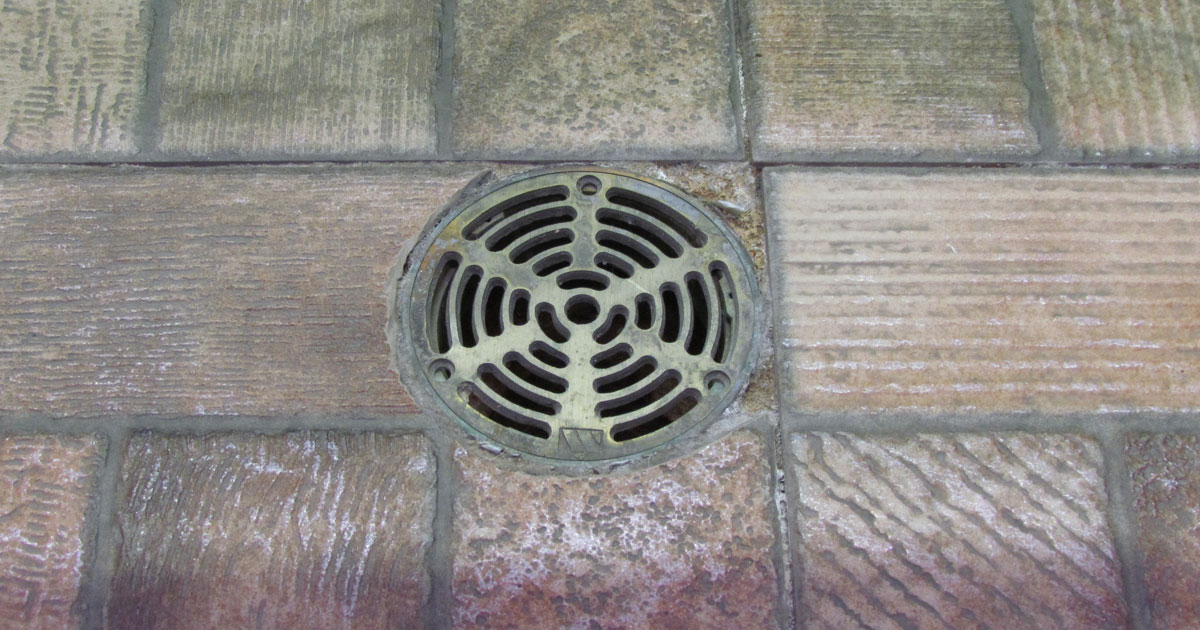





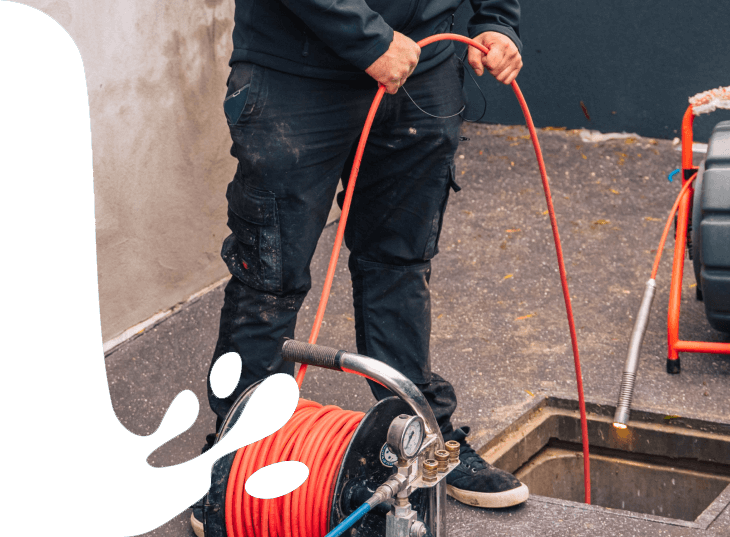

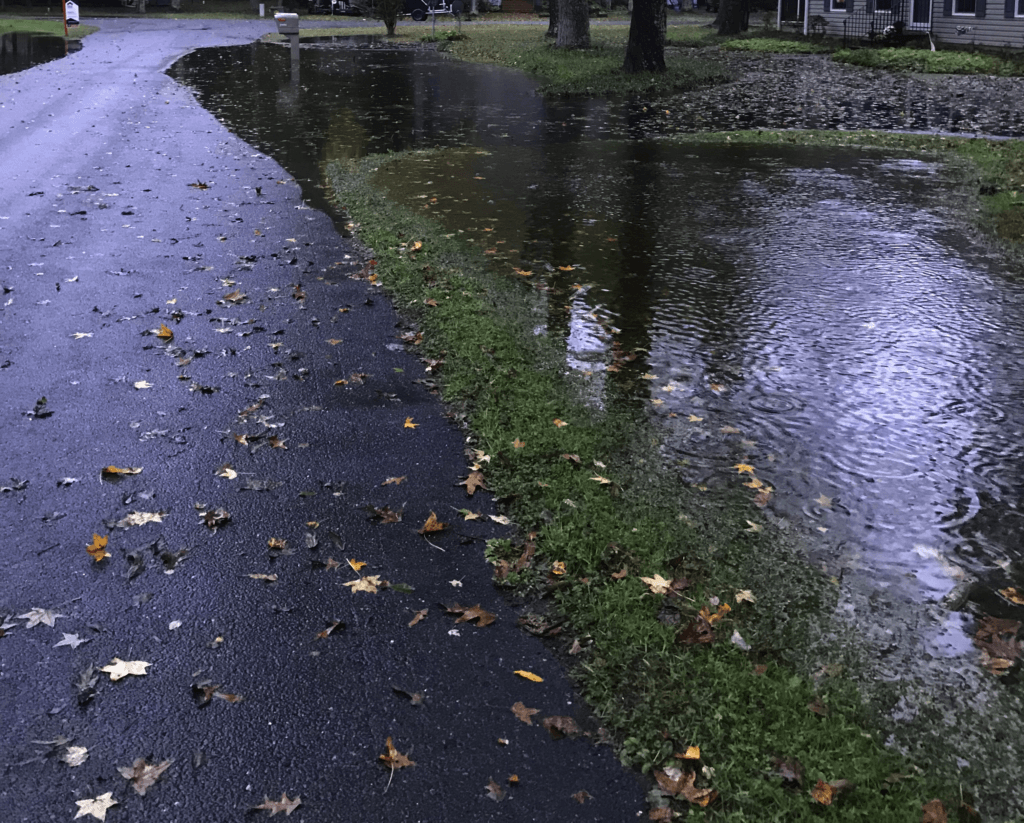

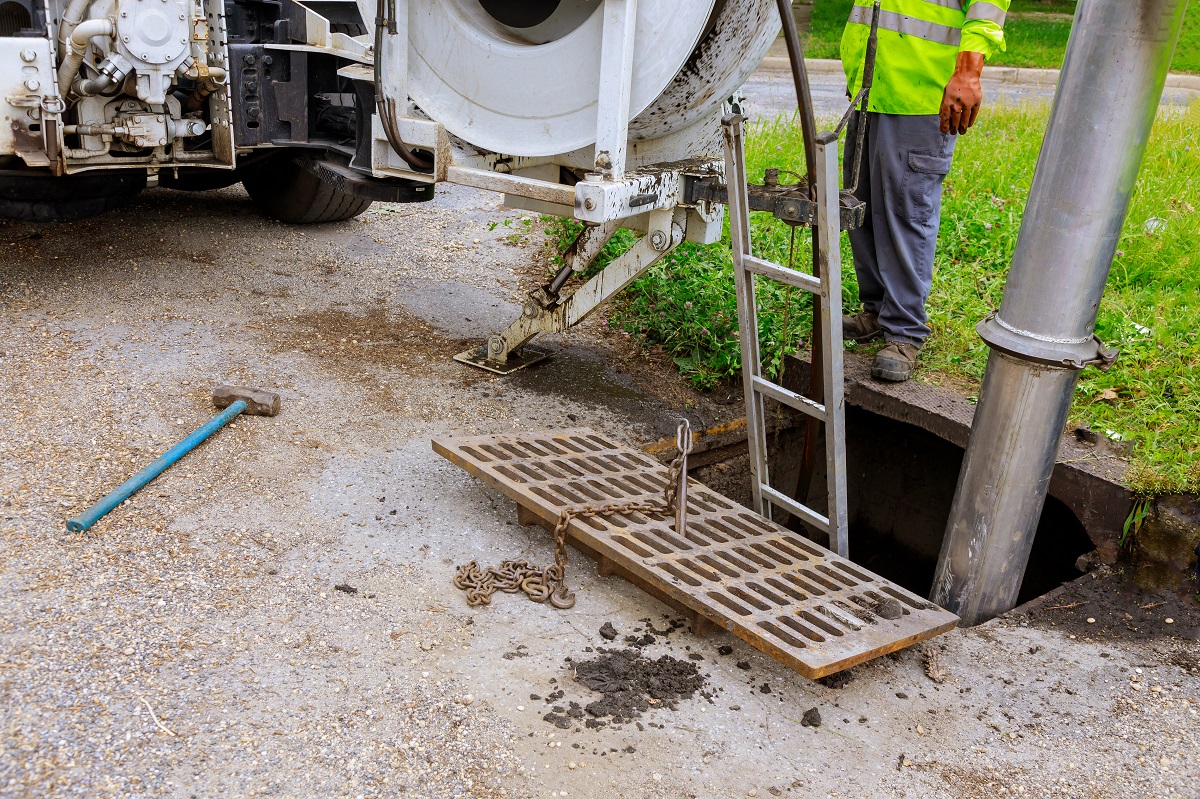
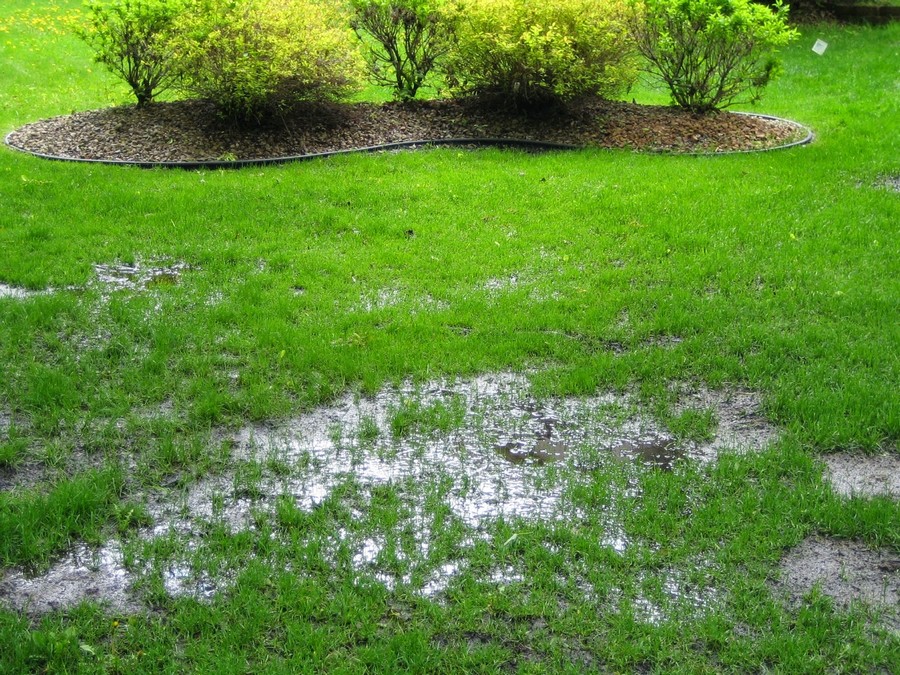



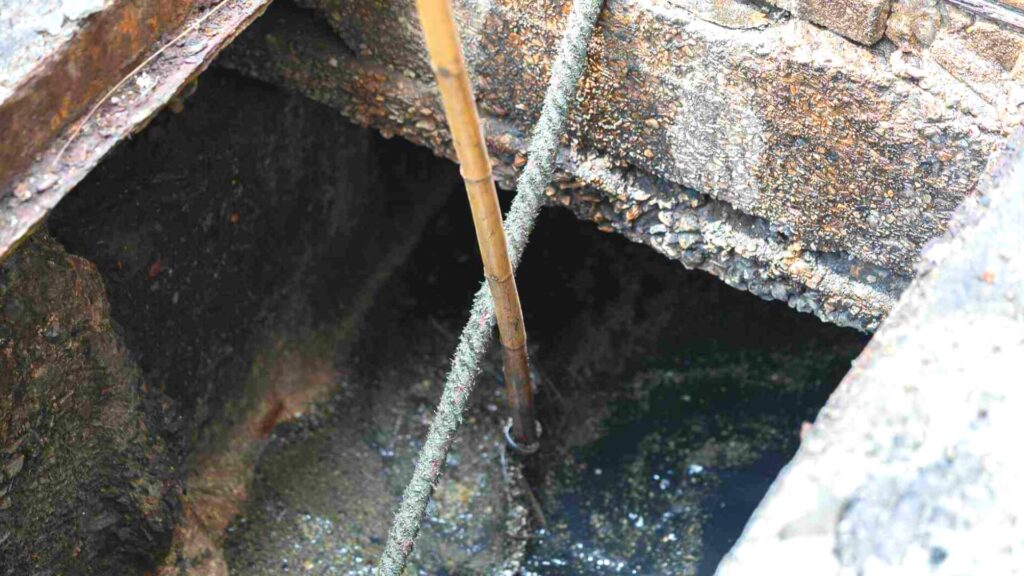






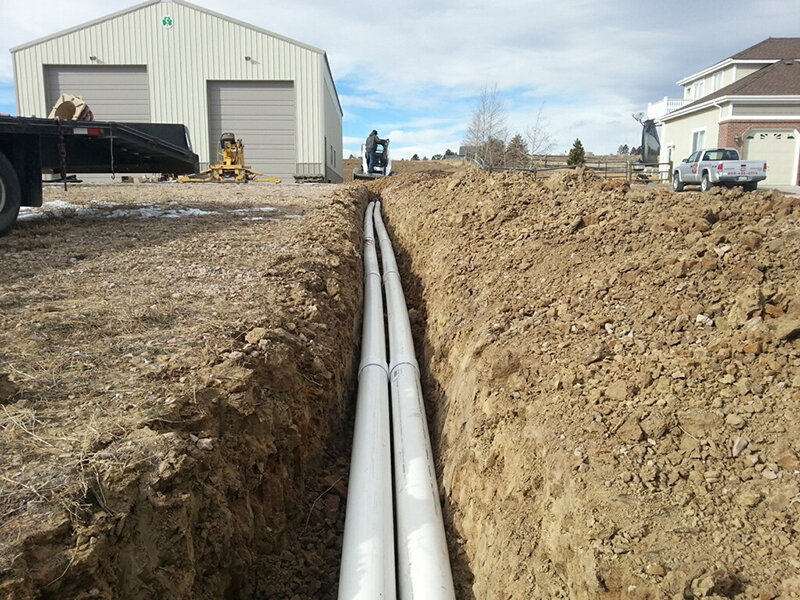
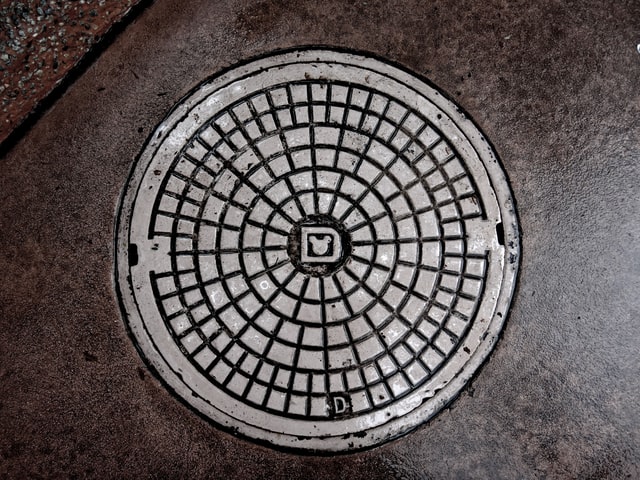














/blue-living-room-ideas-for-every-style-4121681-hero-c32a580f78304212b81c8d5db863d37f.jpg)

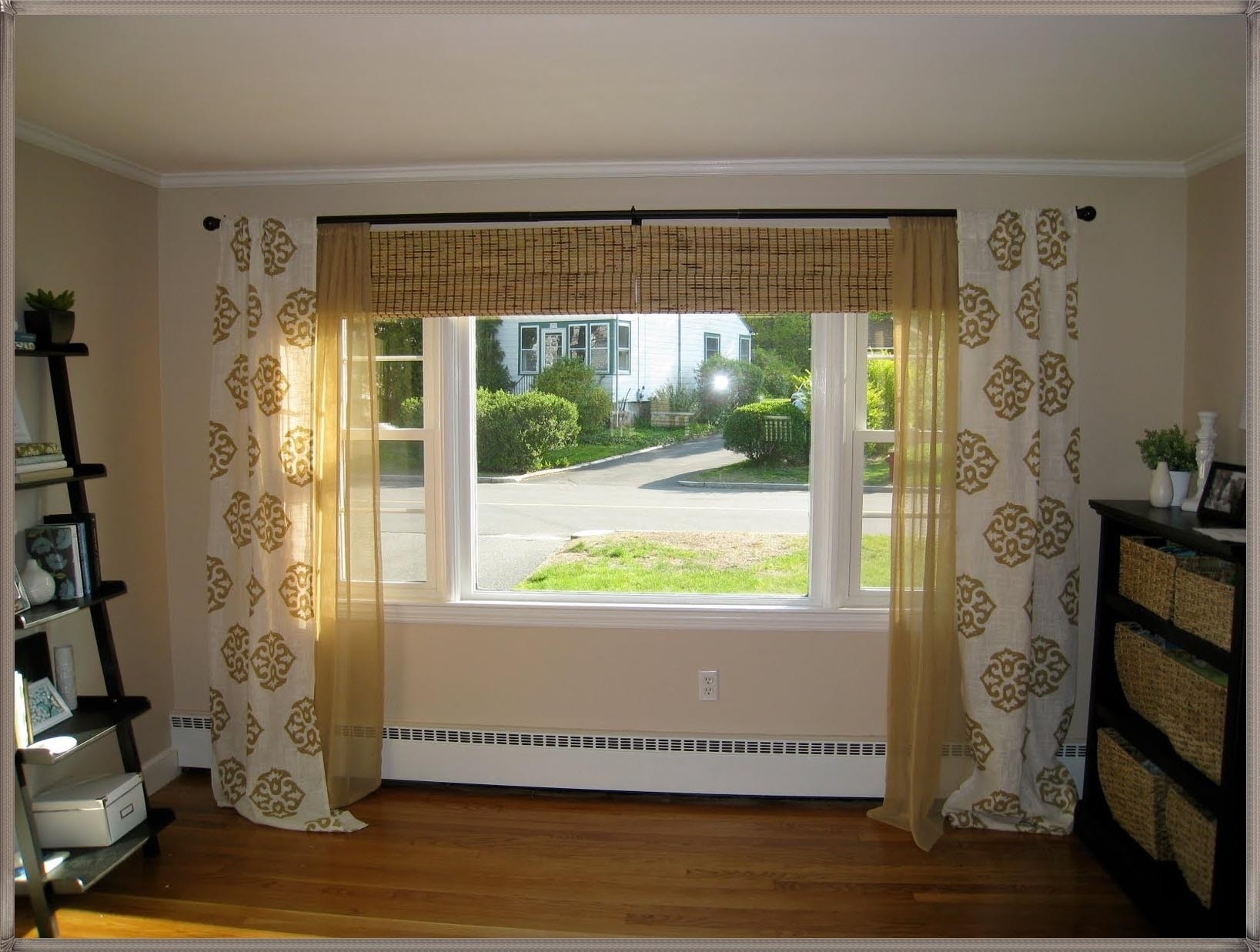
:max_bytes(150000):strip_icc()/cherry-diy-bathroom-vanity-594414da5f9b58d58a099a36.jpg)
